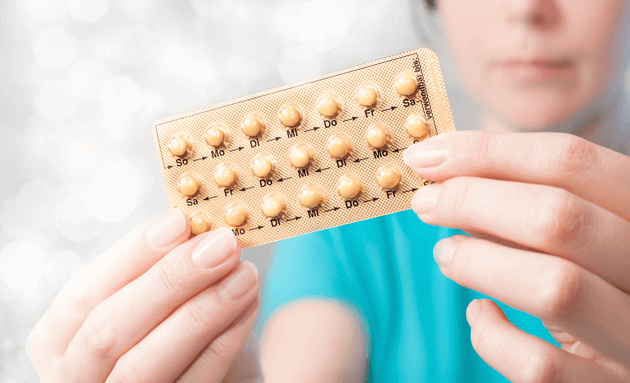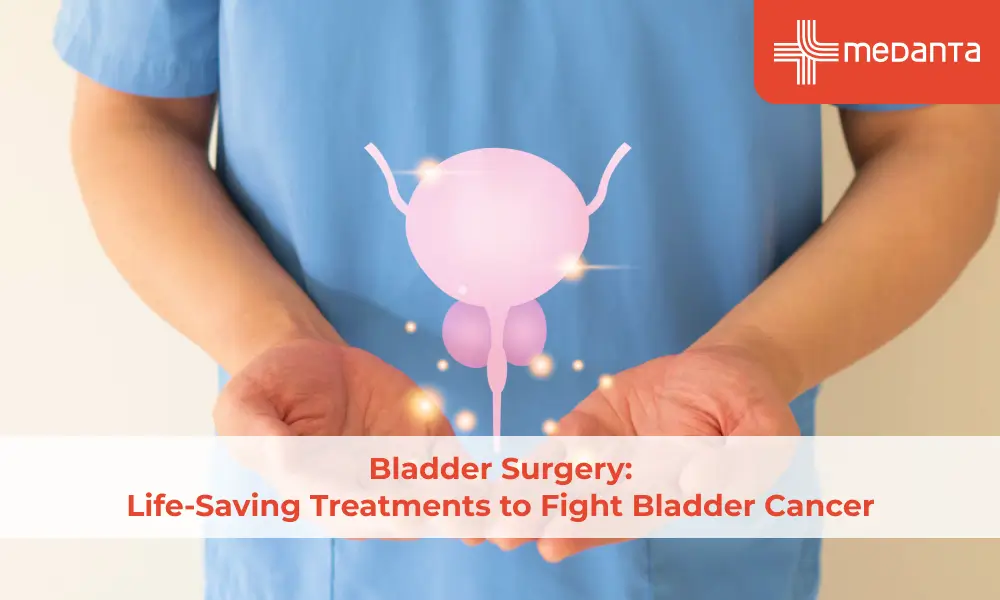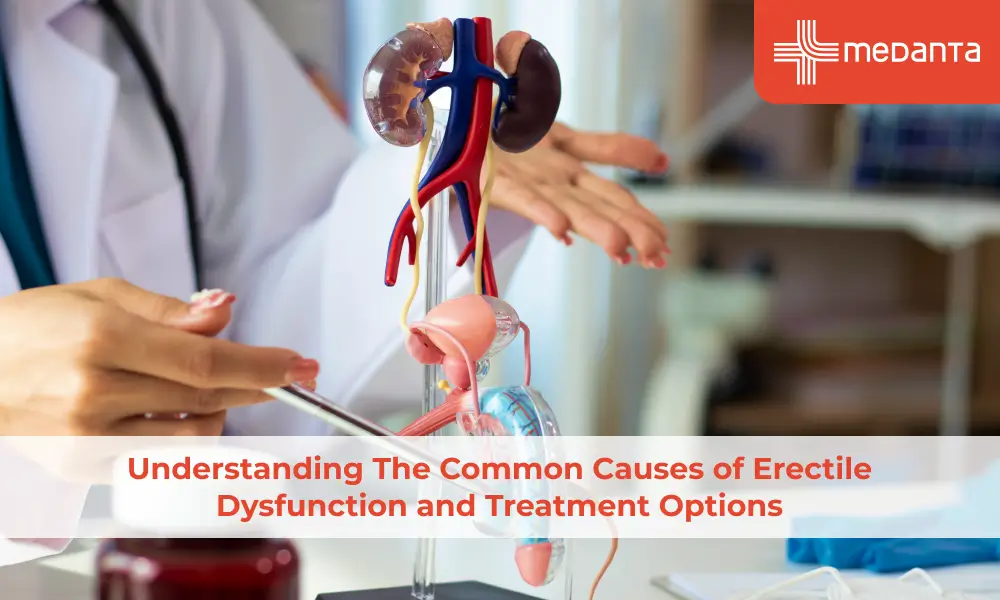Risk Factors for Breast Cancer
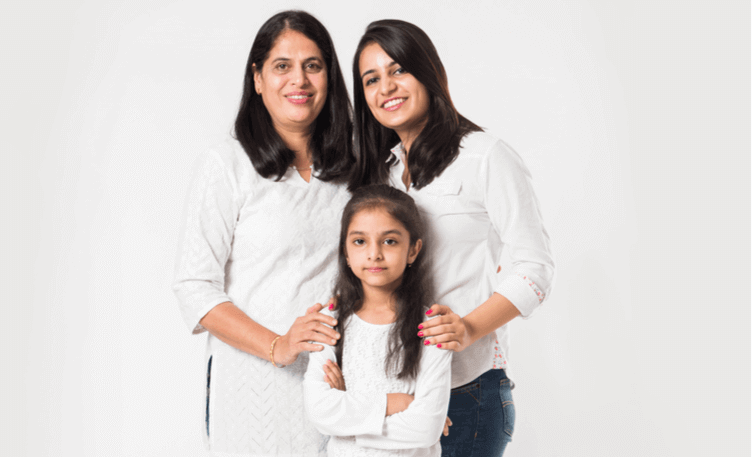
Breast cancer is one of the leading cancers in women in India. The Indian Council of Medical Research (ICMR) in its 2016 report named “Consensus Document For Management Of Breast Cancer” stated that approximately 144,000 women are diagnosed with breast cancer every year.
Breast cancer occurs in the cells of the breast and according to doctors, women often reach hospitals for detection and diagnosis in an advanced stage of the disease, making the treatment less effective. There are certain risk factors for breast cancer that makes the disease more likely to occur and doctors say that every woman should know about them.
Natural Risk Factors Of Breast Cancer
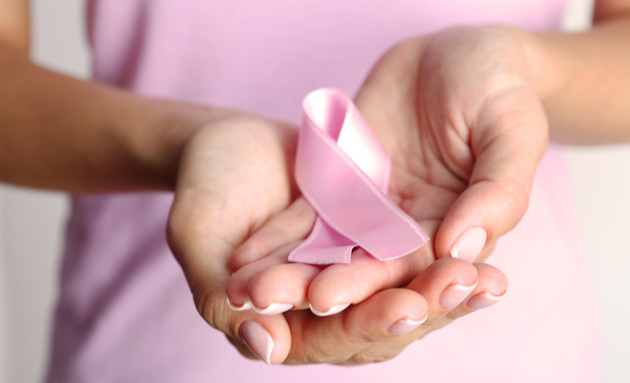
1. Age
The older one gets, the higher the chances of being detected with breast cancer. Age is the biggest risk factor for breast cancer, though it manifests differently across races and ethnicities.
“Though incidences of breast cancer tend to occur at an older age, breast cancer can occur even in 20-year-old women,” says Dr Rajeev Agarwal, Director, Breast Services, Cancer Institute at Medanta- The Medicity.
2. Gender
Women are naturally more prone to suffering from breast cancer as compared to men. The reason behind this is female hormones called oestrogen and progesterone which sometimes play a role in increasing the growth of breast cancer cells. These two hormones are present in men but in very small quantities.
3. Previous History of Breast Cancer
According to doctors, despite successful treatment, breast cancer can reappear after several years in certain cases. According to Dr Agarwal, those who had breast cancer in one breast, have a slightly higher risk of developing breast cancer on the other side and need regular health checks.
4. Family History
A person is more likely to be detected with breast cancer if a first degree relative, like parents or siblings, has had breast cancer. It is important to stay in touch with a doctor in such a case.
5. Menstrual History
If one had her first menstruation before the age of 12 and menopause after 55, it increases the risk of breast cancer. This happens due to the presence of female sex hormones oestrogen and progesterone in the body for a longer time; these are hormones are known to be risk factors for breast cancer.
Modifiable Risk Factors
1. Birth Control Pills
Long-term use of birth control pills can increase the possibility of breast cancer. Birth control pills contain synthetic version or artificial version of naturally-occurring female hormones oestrogen and progestin. This synthetic version can escalate the risk. However, doctors say the situation normalizes with no associated risks after one stops taking them.
2. Alcohol
Drinking excess alcohol has been directly linked with the increased risks of breast cancer. According to doctors, as compared to non-drinkers, those who have 1-5 glasses of alcoholic drinks a day are at a higher risk of the disease. Not just breast cancer, it escalates the chances of other cancers like liver cancer too. It is therefore recommended to drink in moderation.
3. Obesity
Gaining weight post-menopause puts a person at a higher risk. With obesity, there is an increase in fat tissues of the body. The ovaries and fat tissues make oestrogen in a woman’s body. Postmenopause, while the ovaries stop making oestrogen the fat tissues continues doing so. This raises oestrogen levels in the body, thereby increasing the risk.
4. Hormone Replacement Therapy (HRT)
To avoid or reduce the symptoms of menopause, women can be given hormone replacement therapy. This therapy helps replace hormones that the body no longer makes post-menopause. According to doctors, there is now scientific evidence of long-term hormone replacement therapy leading to breast cancer.
“Until a few years ago, women nearing menopause, would take a lot of hormone replacement medication to help to avoid the symptoms of menopause. But now long-term hormone replacement therapy is totally out because of definitive evidence linked to breast cancer,” reveals Dr Agarwal.
Detecting Breast Cancer
The delay in detecting breast cancer often means the tumour size increases, and cancer spreads to the nearby lymph nodes and other organs like the liver and lungs.
To detect it at an early stage, doctors recommend self-examination of the breasts where a woman should check for any changes by standing in front of a mirror. If there are visible changes like an inverted nipple, discharge from the nipple or painless lump in the breast, it should be reported to a doctor immediately. The ideal age to start self-examination is 20 years and one should continue with the process once a month.
Clinical examination for breast cancer should start from 25 years onwards, every 1-3 years, depending on the risk factors a person may have.
For women above 40 years and above, irrespective of their risk, it is advised to go for an annual clinical breast examination.
While the natural risk factors cannot be controlled, lifestyle-related risks can be taken care of. This includes having balanced meals and exercising to avoid putting on excess weight, avoiding long-term usage of birth control pills, and drinking in moderation. For young mothers, doctors advise breastfeeding to reduce the risks.
